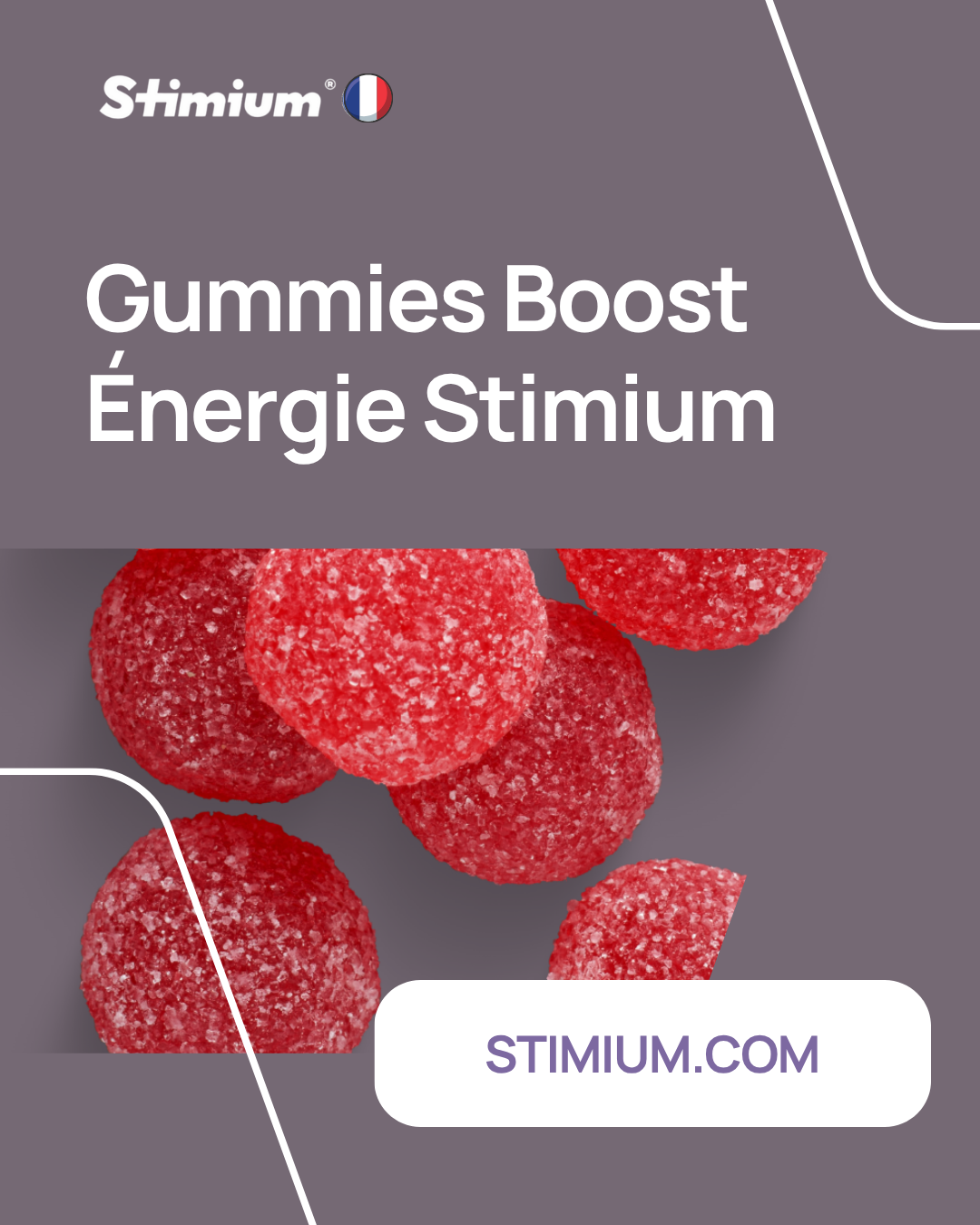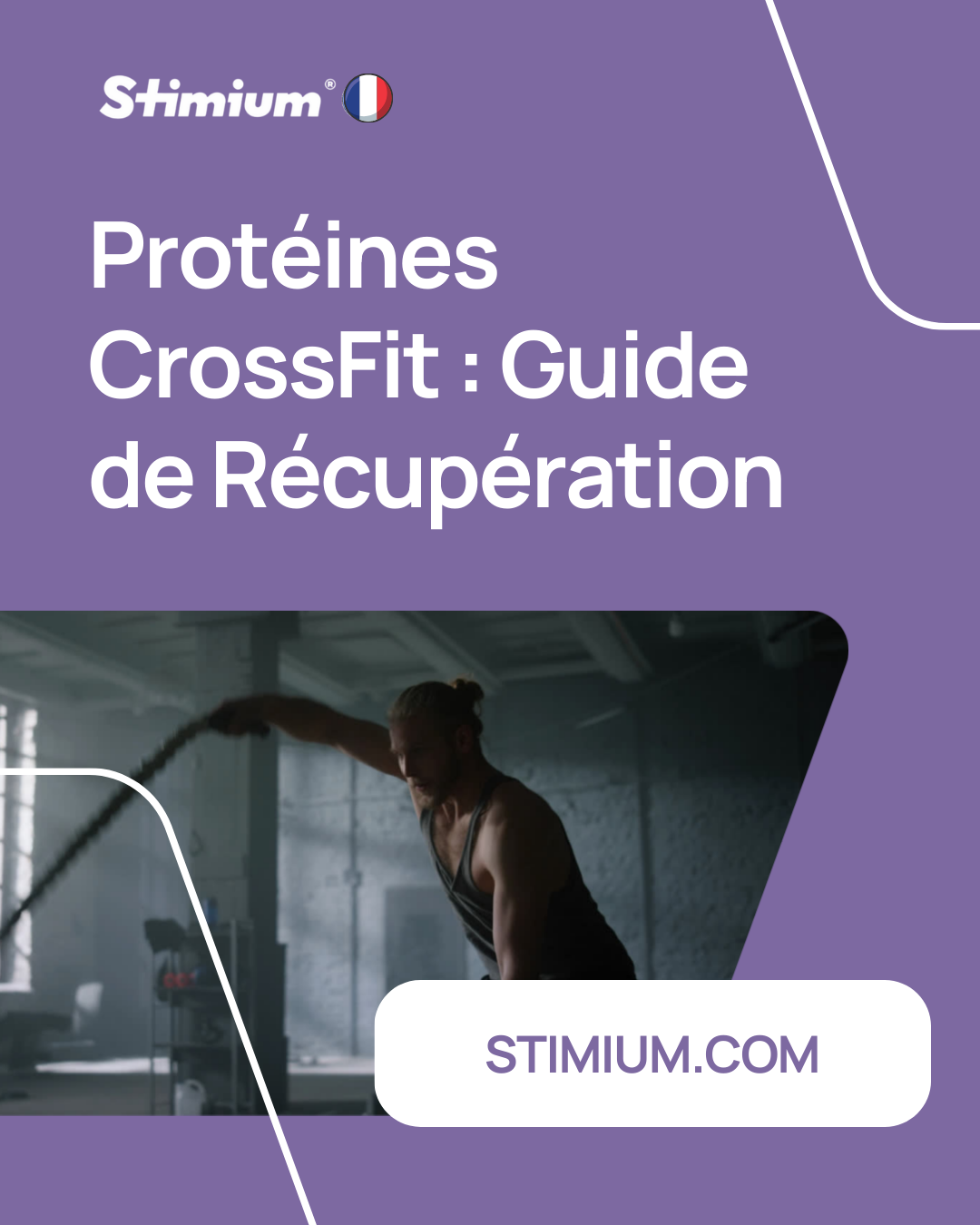Best Vegan Proteins - Nutrition & Health
In a world where health and well-being take an increasingly significant role, nutrition must not only be balanced but also adapted to our beliefs and individual needs. Vegan proteins, alternative sources to animal proteins, are part of this dynamic by offering a nutritious and ethical option. Known for their ease of integration into a balanced diet, they represent an essential pillar in the vegan protein diet, supporting both dietary transitions and fitness or muscle mass maintenance goals.
Let's explore together the diversity and added value of these environmentally friendly protein sources in your daily diet.
Key Points to Remember
- Plant proteins are essential for a healthy diet adapted to different well-being goals.
- Rich in ingredients like peas and hemp, they offer improved digestion and contribute to digestive health.
- Flavor options like vanilla and chocolate make it easy to incorporate vegan proteins into various recipes.
- They represent an excellent nutritious alternative for those following a vegan protein diet.
- Their fermentation eliminates undesirable substances and strengthens the assimilation of nutrients necessary for the body.
The importance of plant proteins in a balanced diet
The quest for a perfect dietary balance often leads to a re-evaluation of our nutrient sources and, in this process, plant proteins prove to be a wise choice. Understanding their role and the benefits they present is essential to guide our food decisions towards optimal nutrition.
Each serving of plant-based proteins not only provides essential elements for the maintenance and repair of muscle tissue, but also contributes to the general vitality of the body. Intelligently integrated, they become vegan protein sources that complement or replace proteins of animal origin, thus promoting welcome diversity in our daily diet.
- They are involved in cell growth and repair, essential roles for athletes as for anyone who cares about their health.
- Their supply of fiber and nutrients supports healthy digestion and facilitates the assimilation of substances necessary for the body.
- In addition, the variety of vegan protein sources available encourages us to explore innovative flavors and consumption methods.
However, although they are an obvious healthy choice, it is important to note that plant proteins alone may lack certain essential amino acids found in animal proteins. For this reason, a diet rich in plant protein benefits greatly from an assortment of varied sources - a fundamental aspect in achieving true dietary balance.
- Combining legumes with whole grains, for example, allows you to obtain a complete amino acid profile.
- Adding seeds and nuts enriches the diet with additional healthy fats and fiber.
- Superfoods like quinoa and hemp raise the bar in nutritional quality with their rich protein and mineral content.
In short, integrating plant proteins into our eating habits is more than just a trend; it is a conscious approach towards a thoughtful diet that respects our body and the environment. With a range of products and brands offering formulas adapted to each need, appropriating these proteins into our diet becomes both accessible and rewarding.
Benefits of vegan proteins for health and bodybuilding
Eating a healthy diet often includes thinking about the sources of our nutrients. Among the latter, plant proteins play a key role, particularly for those adopting a healthy diet and practicing bodybuilding. Their benefits extend from digestion to muscles, including a favorable impact on metabolism and cardiovascular health. Let’s take a closer look at these strengths.
Easier digestion and preserved muscles
Vegan protein is known for its ease of digestion. Thanks to their high fiber content, plant-based proteins improve the assimilation of food and help significantly reduce bloating, thus promoting healthier digestion. They represent an important source for the repair and growth of muscles, an undeniable advantage for bodybuilding practitioners.
Impact on weight loss and metabolism
Including plant proteins in a vegan protein diet can be instrumental in weight loss. Their satietogenic effect helps reduce appetite, while their ability to stimulate metabolism promotes increased energy consumption. These characteristics make vegan bodybuilding protein a valuable ally for those aiming for a slimmer figure.
Contributions to maintaining cardiovascular health
The benefits of plant-based proteins extend beyond muscle building and weight management. Rich in beneficial nutrients and low in cholesterol and saturated fats, they have a positive effect on cardiovascular health. Phytosterols, naturally present in vegan proteins, help maintain a healthy heart.
Comparison of the best sources of vegan protein
In the vast world of food supplements, the vegan protein comparison attracts the attention of consumers concerned about optimal nutrition. At the heart of this approach, it is essential to know the best sources of vegan protein to meet specific dietary needs.
- Legumes, with their richness in protein and fiber, such as chickpeas, lentils, and various beans.
- Whole grains, including oats, quinoa and brown rice, are great allies for a protein-rich diet.
- Nuts and seeds, sources of protein but also of essential fatty acids, such as almonds and chia seeds.
However, to achieve optimal nutrition, it is advisable to combine these foods due to their complementary amino acid profiles. Thus, supplementation via vegan protein powder becomes a practical and effective alternative.
- Pea protein, often paired with rice protein, creates a powerful blend, covering a broader spectrum of essential amino acids.
- Hemp protein, considered a complete source, for its ideal proportions of omegas and fiber.
- Protein powder blends that combine various plant sources for increased nutrient synergy.
In this context, choosing the best vegan protein powder is based on the quality of the protein source, the diversity of amino acids present and the ease of incorporation into the daily diet.
How to incorporate plant-based proteins into your diet
Embracing a vegan protein diet often goes hand in hand with finding creative methods to enrich your daily diet. Plant proteins, thanks to their versatility, provide a practical solution while offering significant nutritional benefits. Here's how to effectively incorporate them into your diet to support your nutritional well-being.
Incorporate plant proteins into recipes
Protein-rich recipes aren't limited to protein shakes and shakes. Plant-based protein powders can be ingeniously incorporated into a multitude of dishes, from protein muffins and pancakes to soups and thickened sauces. Furthermore, for a diet adapted to individual needs, plant proteins also lend themselves to culinary variations that respect tastes and personal preferences, while increasing protein intake.
Choice of plant proteins based on physical activity
Regular physical activity requires targeted nutrients for optimal performance and effective post-exercise muscle repair. Proteins such as pea or hemp protein, known for their density in BCAAs, can be favored by athletes practicing vegan bodybuilding protein. These proteins support muscle recovery and, when used pre-workout, can also provide a sustainable source of energy for increased performance.
Optimization of protein intake for vegans
For vegan protein optimization, it is recommended to turn to certified vegan food supplements which guarantee a full spectrum of essential amino acids. This is a cornerstone in building a diet suitable for vegan diet followers, taking into account not only protein needs but also the importance of a diversified intake of nutrients for the body. maintaining optimal health.
Vegan protein: Discover the best options on the market
The protein market offers an impressive variety of the best vegan proteins, meeting a range of specific needs and helping to make healthy choices for a balanced lifestyle. Whether you are looking for food supplements to optimize your training or to take care of your digestive health, there is no shortage of plant-based alternatives.
- Sports performance: vegan proteins offering a good supply of BCAA and L-glutamine are favored by athletes for their muscle support and increased recovery.
- Digestive health: options like fermented proteins help with nutrient assimilation while supporting intestinal well-being.
- Weight loss: Some formulas are designed to promote satiety and speed up metabolism, thereby aiding in weight management goals.
- Joint comfort: proteins enriched with natural anti-inflammatories such as curcumin contribute to joint well-being.
- Restful sleep: Proteins incorporating ingredients such as melatonin or magnesium may promote better quality sleep.
Stimium VegPro stands out as an essential choice for athletes keen to improve their performance while respecting their diet and specific nutritional needs. As a plant-based protein isolate from soy, VegPro offers an exceptional concentration of protein, reaching up to 98%, making it one of the purest plant proteins and richest in essential amino acids, including BCAAs and vitamins.
If you are aiming for sporting excellence while being allergic to lactose or seeking to limit your intake of fats and carbohydrates, Stimium VegPro is the ideal solution. Its unique formula based on ultra-concentrated soy protein isolate promotes muscle building without compromising your digestion. By eliminating lipids and carbohydrates, VegPro optimizes muscle mass gain while helping to reduce fat mass, particularly when combined with a low-calorie diet and regular physical activity.
Each 30g serving of VegPro provides a minimum of 25g of isolated protein, sugar-free, fat-free and lactose-free. Its homogeneous mixture in your shaker offers a pleasant experience with a delicious chocolate taste.
In addition to its high protein content, VegPro is a natural source of vitamins and BCAAs, essential for muscle regeneration and recovery after exercise. Whether your goal is to sculpt your body, regenerate your muscles or lose fat mass, Stimium VegPro supports you with a powerful and balanced formula.
The best vegan protein will be the one that meets your specific requirements. From athletes to individuals concerned about their figure, including those looking to improve their sleep, the protein market competes in innovation to offer solutions adapted to each profile.
Ultimately, selecting among the best vegan proteins on the market requires considering the quality of the ingredients, the completeness of the amino acid profile and the ease of integration into your eating routine. A wise approach will allow you to fully benefit from the benefits offered by these dietary supplements, aligned with your personal commitment to healthy and responsible choices.
Conclusion
Ultimately, plant proteins are emerging as a relevant nutritional choice for anyone aspiring to balanced nutrition and a healthy diet. They embody much more than an alternative to the consumption of animal proteins; they are the expression of global awareness in favor of responsible eating. The integration of these proteins into our eating habits therefore meets a dual ambition: that of preserving our health and that of supporting the environment as well as animal well-being.
The options for choosing vegan proteins are numerous and adapt to various personal goals, whether it is building or maintaining muscle mass, losing weight, or simply providing nutritional support. quality. In summary, plant proteins align with the principles of a rich and diversified diet, the pillar of a healthy lifestyle.
This overview of plant proteins highlights the many possibilities offered by these natural energy sources. From pea protein to hemp, including a variety of superfoods, advances in sports nutrition or digestive well-being demonstrate the progress being made. With an informed approach, everyone can find in plant proteins a reliable partner for achieving their health objectives, in harmony with their ethical and environmental values.
FAQs
What are the health benefits of vegan proteins?
Vegan proteins have several health benefits, including promoting good digestion thanks to their high fiber content, contributing to muscle repair and growth, and reducing the risk of cardiovascular disease due to their low cholesterol and saturated fat content.
How can plant proteins help with weight loss?
Plant proteins can promote weight loss thanks to their satiating effect which helps reduce the feeling of hunger. In addition, they stimulate metabolism and can contribute to an increase in calorie expenditure, thus facilitating weight management.
Are plant proteins complete?
Some plant proteins, such as soy or quinoa, are considered complete because they contain all the essential amino acids. Others, however, may need to be combined (e.g. grains and legumes) to form a complete protein.
Can you build muscle effectively with plant-based proteins?
Yes, it is entirely possible to build muscle with plant-based proteins. It is important to consume an adequate amount of protein, spread throughout the day, and combine various sources to get all the essential amino acids.
What are the best sources of plant-based protein?
The best sources of plant-based protein include legumes like lentils and chickpeas, whole grains like quinoa and oats, nuts, seeds like chia or hemp, and protein powders made from peas, rice or other vegetables.
Are vegan protein powders as effective as animal proteins?
Vegan protein powders are an effective alternative to animal sources, especially when they offer a good essential amino acid profile. The key lies in the selection of high-quality products and their correct use as part of a balanced diet.
How to integrate vegan protein powder into my diet?
You can incorporate vegan protein powder into your diet by adding it to smoothies, plant-based yogurts, making homemade protein bars, or incorporating it into dishes like soups or sauces to increase their protein content.
Are plant proteins suitable for all types of physical activities?
Absolutely, plant proteins are suitable for all types of physical activities. Whether you are a fan of bodybuilding, cardio, yoga or any other sport, you can adapt your consumption of plant proteins to your energy and muscle recovery needs.
How are plant proteins beneficial for cardiovascular health?
Plant proteins may benefit cardiovascular health because they are generally low in saturated fat and cholesterol, high in fiber and other nutrients that help reduce blood pressure and cholesterol, contributing to overall heart health.
Can non-vegans also benefit from plant-based proteins?
Absolutely, plant-based proteins can be beneficial for everyone, not just vegans. They are a source of essential nutrients and can provide a complementary nutritional balance in any diet.







